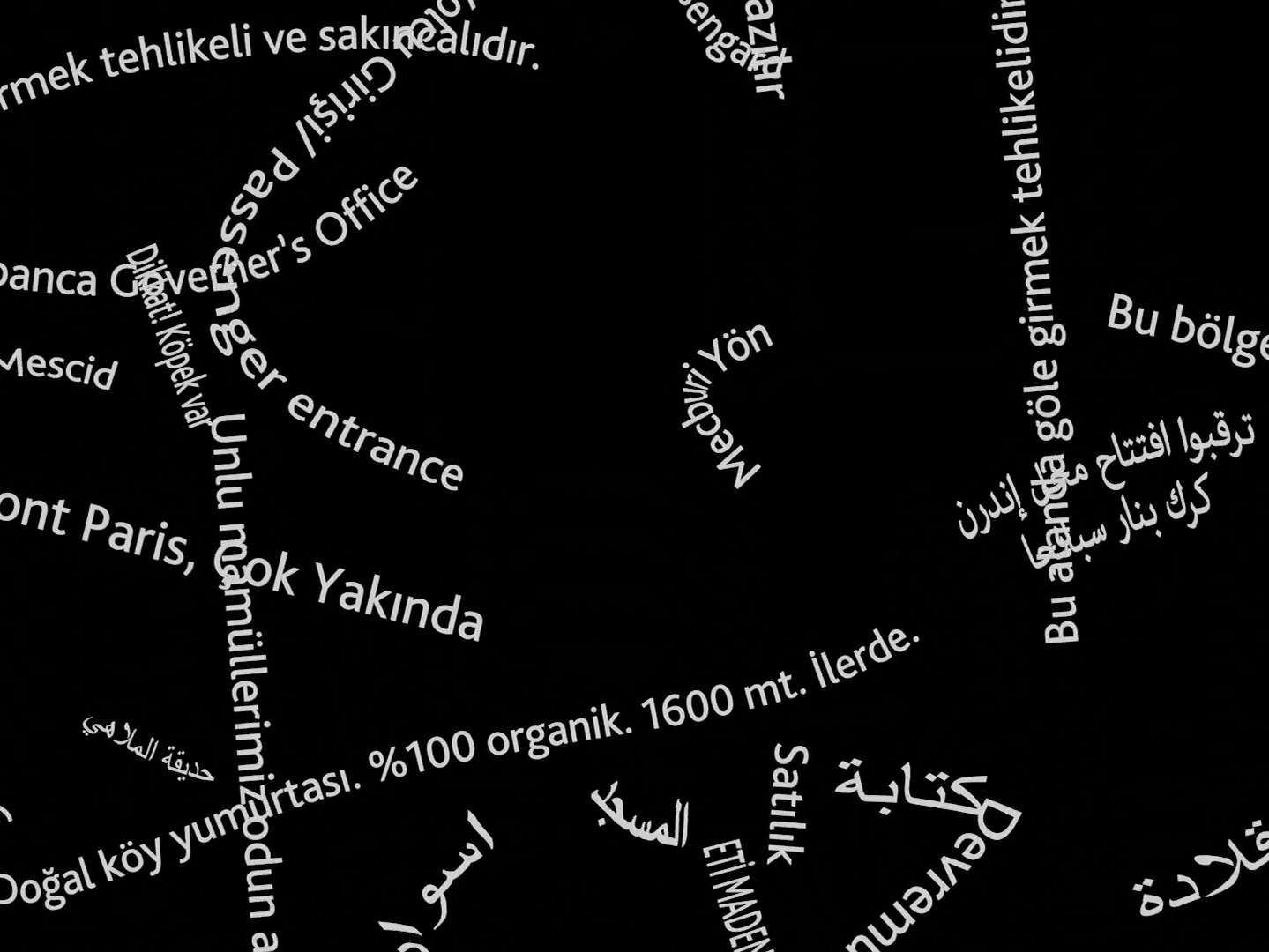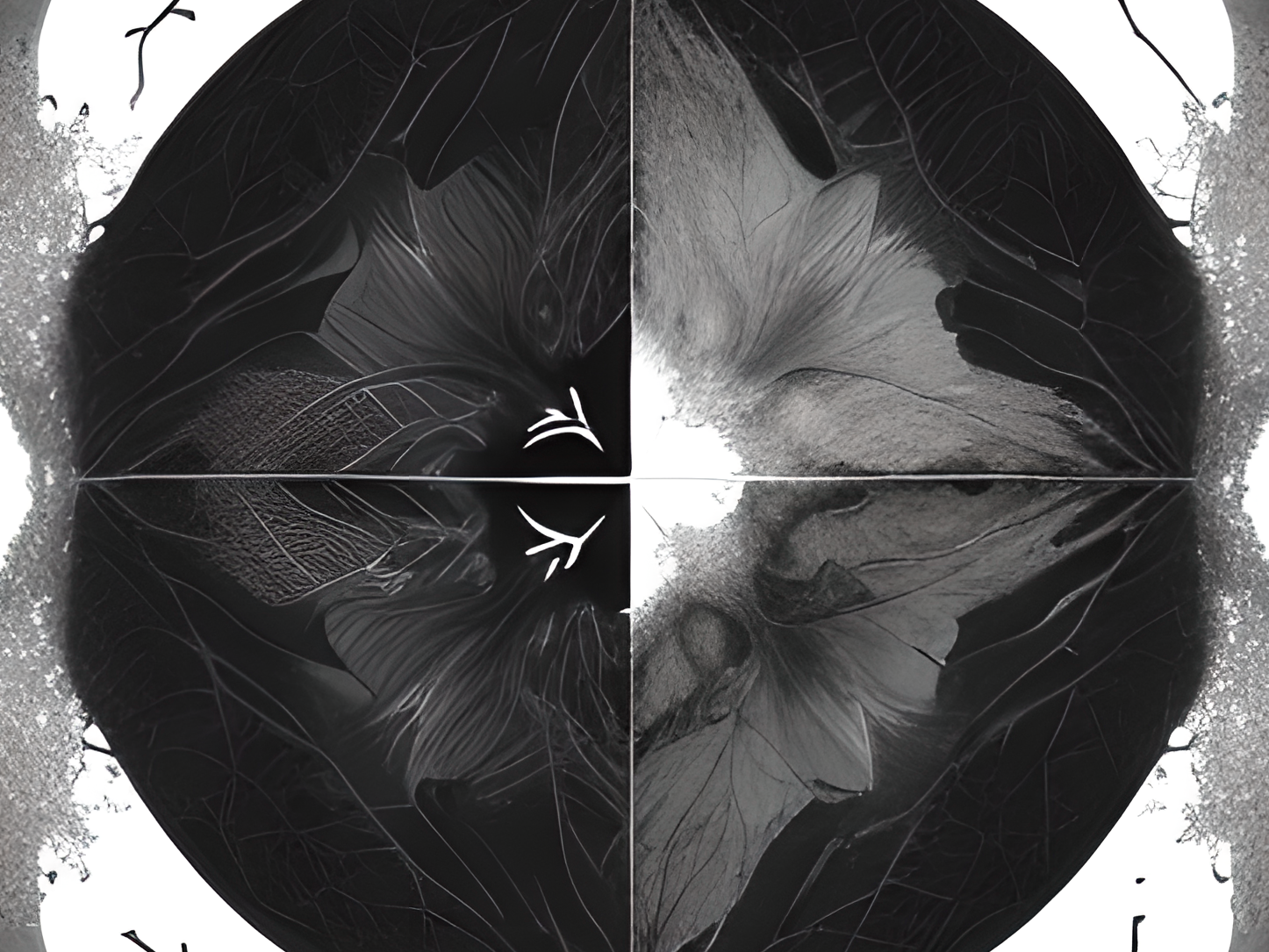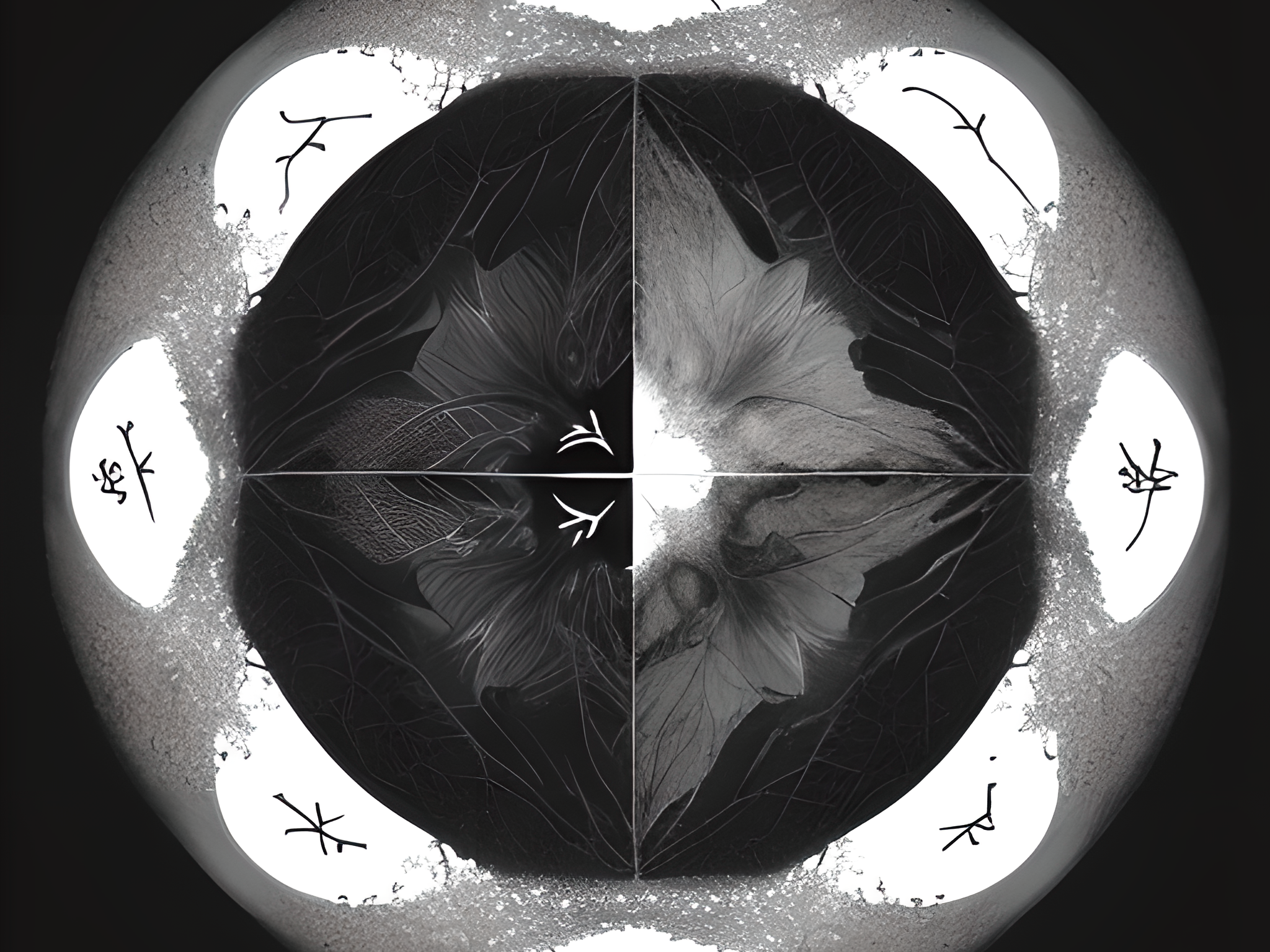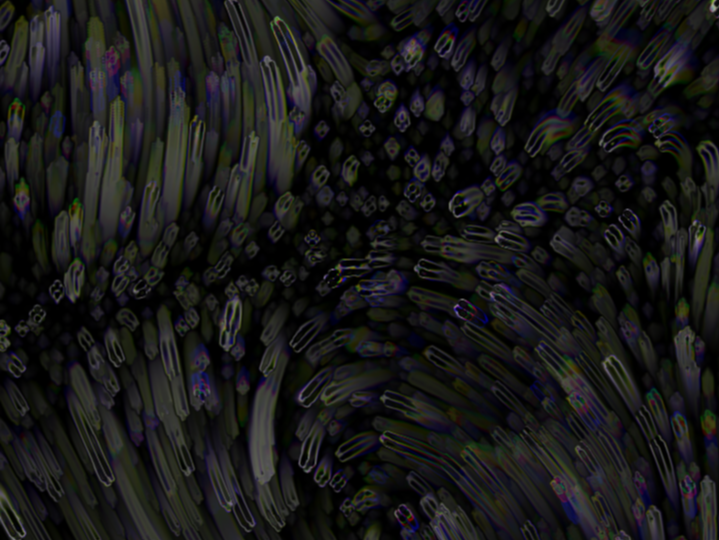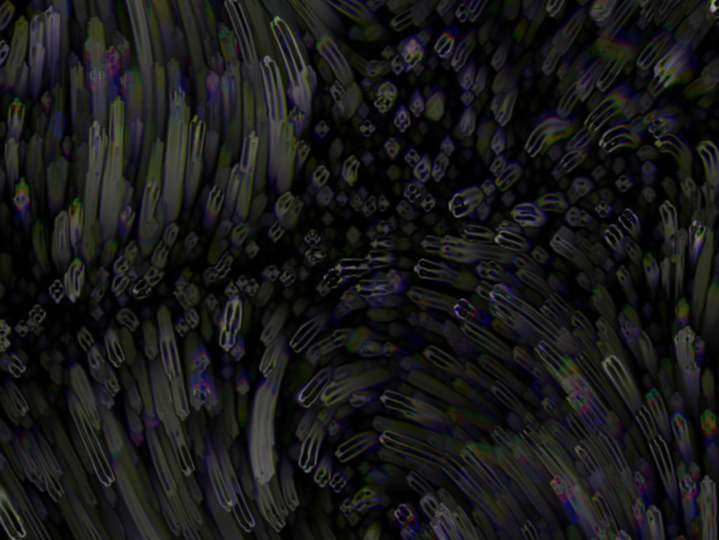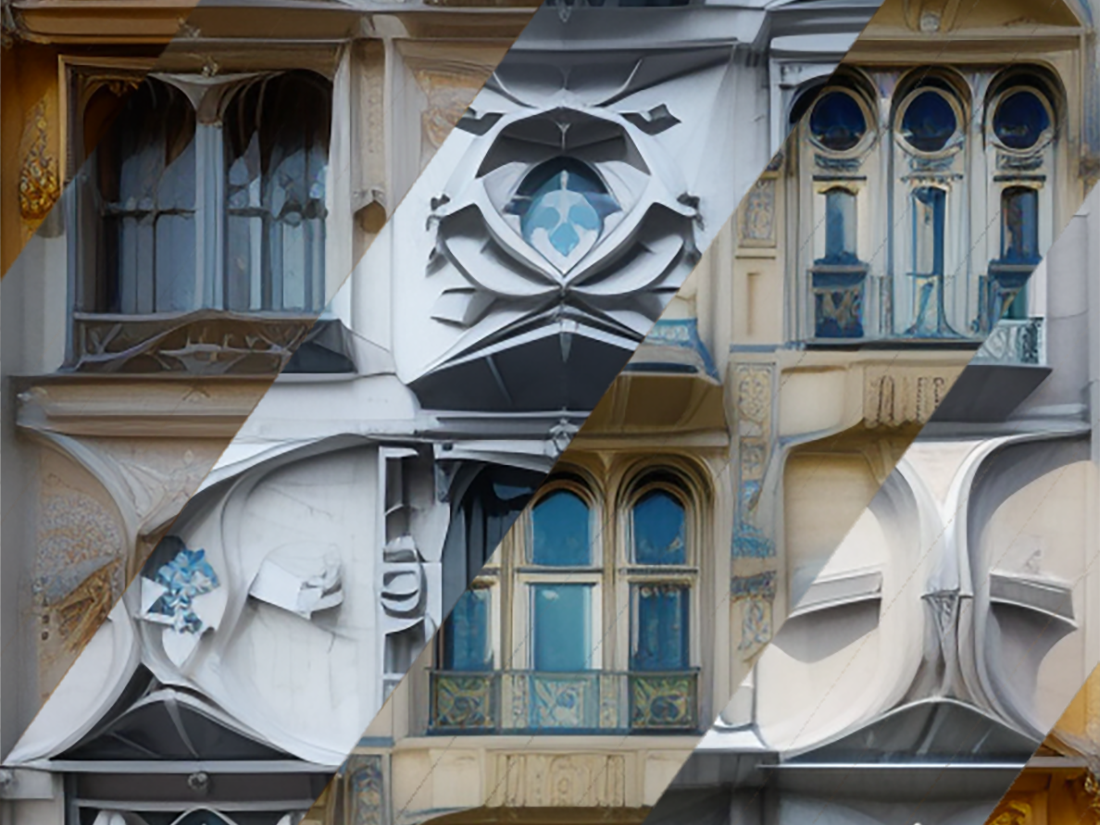Abstract
When the dematerialization becomes higher and higher, architecture surpasses its liminal presence and the cognitive side of architectural experience accessed by running the mind is to be explored. The question of how we perceive time that is accepted as ‘constructed space’ consisting past, present, and future in its compressed existing comes into consideration, while it is aimed to reach a theoretical schema suggesting an ideal model for the city constituting a meta-physical realm in itself. In this regard, there must be no harm to say that to establish a comprehensive synthesis, the cartographic study demands an analytic production of the distinctive characteristics of the city not only in terms of space but also of time. Therefore, to reach beyond in terms of spatial entity of the city consisting consciousness and collective memory upon itself, it is undeniable that to come up with an empirical mapping seems one of the essential part of the study. It may quite appropriate to call this study as ‘polychronous cartography’ in which the primary elements of the city and the concepts of locus, architecture, language, and history all together are to be investigated for a developing a complex spatial understanding. Given metaphorical meanings to the elements, which is going to be shown in the map, a series of fictive and allegorical depictions of the city will be created by thought and imagination. Key words: Cognitive side of architectural experience, time, cartographic study, collective memory, empirical mapping, imagination
Cognitive Mapping, the world we live in our dimension and the world that's exist in our mind
Our cognitive mind journey when we have no connection to the world we live in

